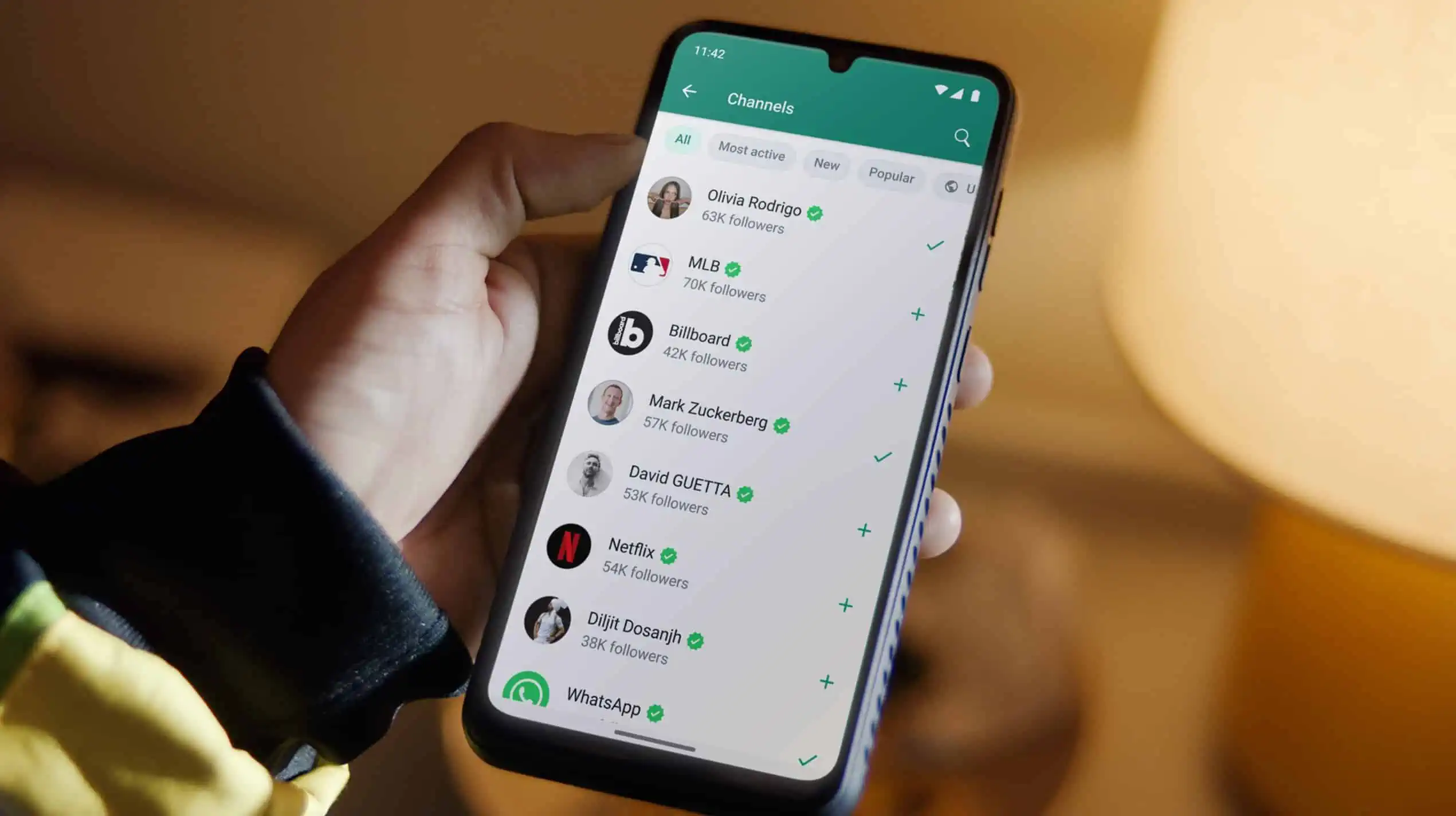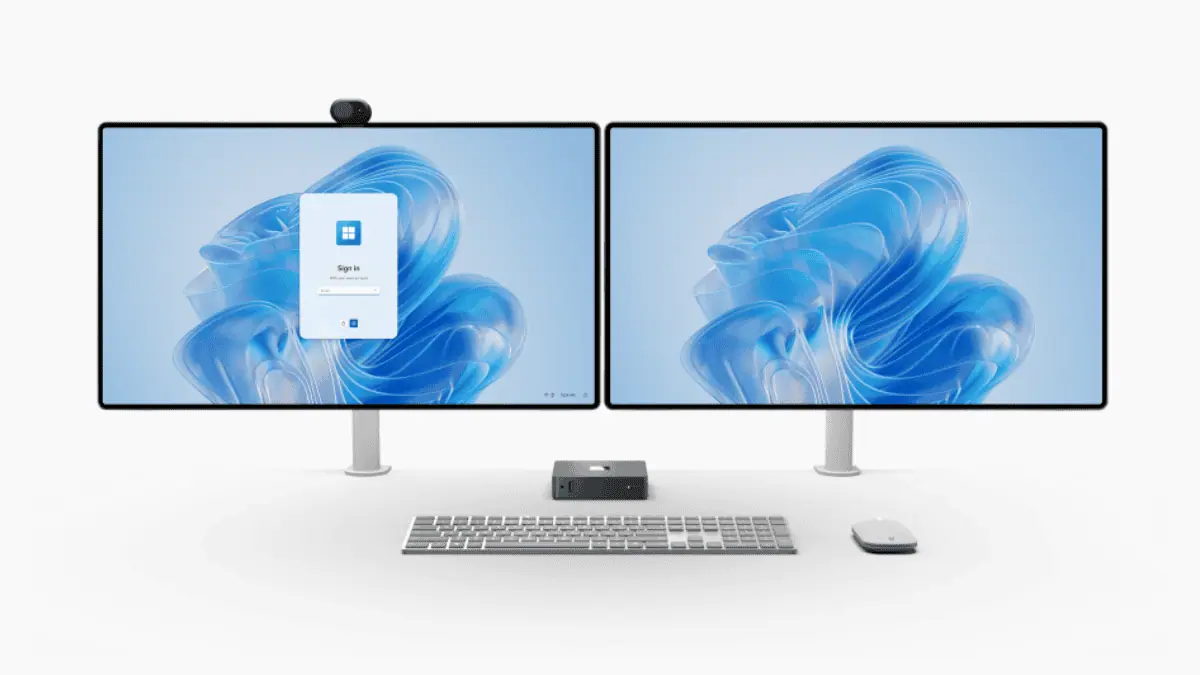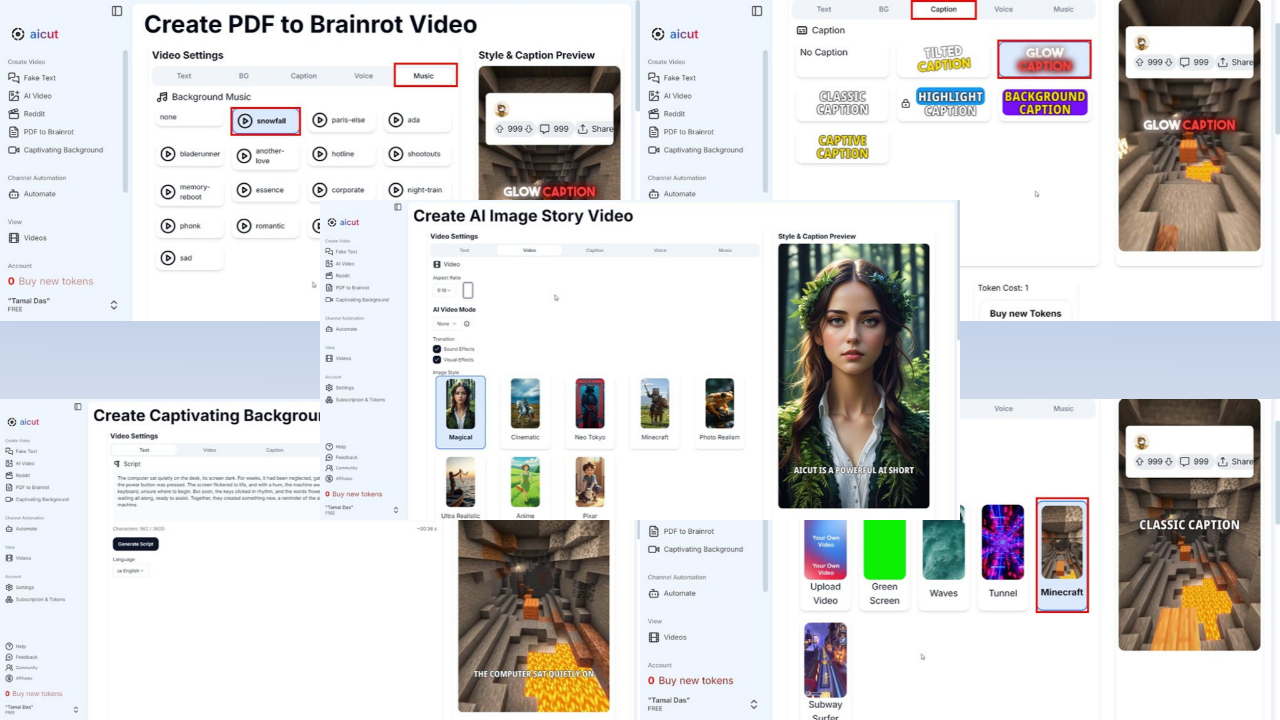All eyes on Apple iMessage as WhatsApp plans interoperability with other apps, aka "Universal Messaging"
2 min. read
Published on
Read our disclosure page to find out how can you help MSPoweruser sustain the editorial team Read more
Key notes
- WhatsApp enables chats with users on other messaging apps like Signal and Telegram through a “Universal Messaging” system.
- The move aims to break down communication barriers but raises concerns about data privacy and security across platforms.
- WhatsApp plans to use Signal Protocol for encryption, but success hinges on addressing user concerns and securing partnerships.

WhatsApp, the world’s most popular messaging app, is set to enable interoperability with other platforms. This means WhatsApp users will soon be able to chat directly with friends and family using apps like Signal or Telegram (or iMessage???), eliminating the need to switch between platforms.
The news, reported by Wired, marks a significant departure from WhatsApp’s long-standing closed ecosystem. The app, used by over two billion people globally, has previously functioned as an isolated island in the messaging sea. Now, it seems Meta, WhatsApp’s parent company, is ready to bridge the gap.
But how will this work? WhatsApp plans to utilize a system called “Universal Messaging.” This system will essentially act as a translator, allowing other apps to connect to WhatsApp’s servers and exchange messages seamlessly. Initially, the functionality will be limited to text, images, videos, and files.
While interoperability promises a more unified communication experience, data privacy and security concerns loom. How will user data be protected when traversing different platforms? Meta assures it will leverage the Signal Protocol for encryption, known for its robust security.
Whether WhatsApp’s interoperability becomes a game-changer or raises security red flags remains to be seen. However, one thing is certain: this move signifies a major shift in the messaging world, potentially paving the way for a more interconnected and accessible communication ecosystem.
Interestingly, this isn’t the first time a dominant messaging platform has explored interoperability. In 2018, Apple introduced iMessage for Business, aiming to enable interactions between iPhone users and those on Android devices. However, the system was criticized for its limitations and perceived bias towards Apple users, failing to gain widespread adoption.
I am sure, like me, many others would be expecting something similar from Apple. As of January 2024, iMessage holds a roughly 55% market share in the US messaging app market, according to data.ai.
Whether WhatsApp fares better with its Universal Messaging system remains to be seen. Its success will likely hinge on addressing privacy concerns, securing buy-in from other platforms, and ensuring a smooth and secure user experience.








User forum
0 messages